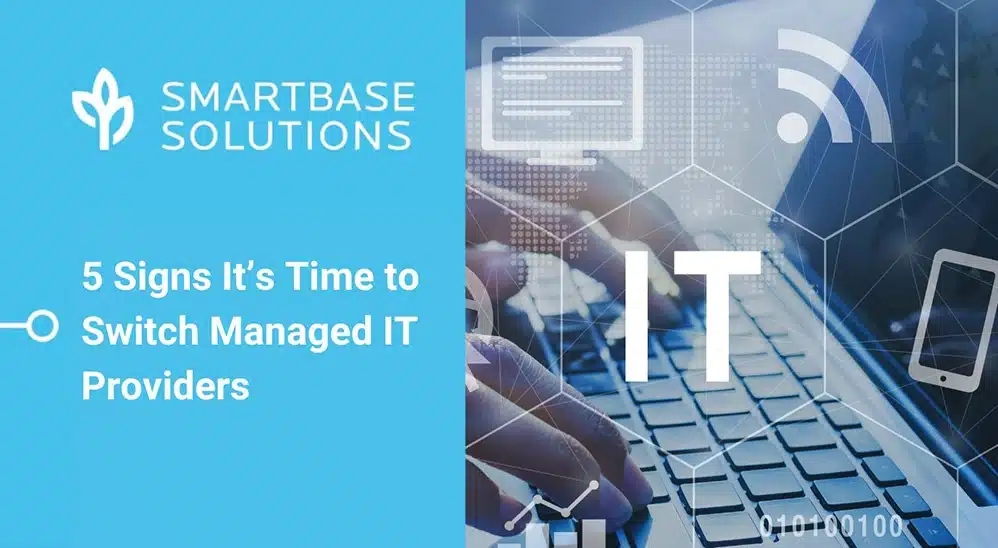Maintaining high data security standards in the healthcare industry is crucial – and often challenging. Protected health information (PHI) is highly valuable to cybercriminals, which puts medical records under constant threat.
HIPAA requires healthcare organizations to store patient information in secure environments where only authorized personnel can access and use it for qualified purposes. However, HIPAA does not outline best practices for cybersecurity that the healthcare industry should use to achieve compliance.
To protect health records from digital attacks, medical organizations must adopt high data security standards with proactive measures.
10 Best Practices for Cyber Security in Healthcare
Here are ten ways hospitals can maintain healthcare data security:
1: Educate Staff
Human error remains one of the most significant security risks, so training employees on data protection best practices is essential. With regular training on recognizing potential threats and handling sensitive data with care, healthcare workers will be well-prepared.
2: Restrict User Access
Access to patient data should be limited to those who need it for their job. Implement strong authentication methods, such as multi-factor authentication (MFA), which requires users to confirm their identity using more than just a password.
3: Use Data Controls
Data usage controls prevent authorized users from conducting unauthorized activities. For example, the controls can block sensitive data from being copied to external drives, uploaded to unsafe websites, or sent via unapproved emails.
4: Monitor Data Usage
Hospitals can detect and prevent suspicious activity by monitoring and recording who accesses patient data, when, and from where. These logs are valuable for audits and can be crucial for identifying and responding to breaches quickly.
5: Encrypt Data
Encryption makes sensitive data unreadable to unauthorized users – use it while information is transferred and stored to provide extra protection. This way, attackers cannot read the information even if they gain access to it.
6: Secure Mobile Devices
Many healthcare professionals use mobile devices to access patient data. Ensure devices are password-protected, encrypted, and can be wiped remotely if lost or stolen. Educate staff on the risks of using mobile devices and implement security software to manage them.
7: Minimize Risk for Connected Devices
The rise of the Internet of Things (IoT) means more devices, from medical equipment to cameras, are connected to networks. Keep these devices on separate networks and update them regularly to reduce vulnerabilities.
8: Conduct Regular Risk Assessments
Healthcare organizations should routinely assess their security standing. Identify weak points, review employee training, and evaluate the integrity of vendors and business associates – this proactive approach helps prevent costly breaches.
9: Back Up Data Offsite
Data breaches, ransomware, or natural disasters can wipe out information stored on hospital devices. Offsite backups are crucial for restoring and accessing patient data quickly and safely. These backups must also be encrypted and secured with strong access controls.
10: Vet Business Associates
Many healthcare providers work with outside vendors who handle patient data. Ensure these partners also follow strict data protection guidelines and comply with HIPAA regulations. Contracts should clearly outline compliance requirements, and regular audits should verify that partners meet data protection standards.
While regulatory compliance is important, going beyond the bare minimum ensures better data protection and security in the long run. By following these best practices for cyber security, healthcare organizations can keep their organization, staff, and patients safe from modern threats and legal ramifications.
SmartBase Solutions
With managed IT solutions from SmartBase, you can keep your hospital safe from digital attacks. Contact us today to rase your data security standards.




